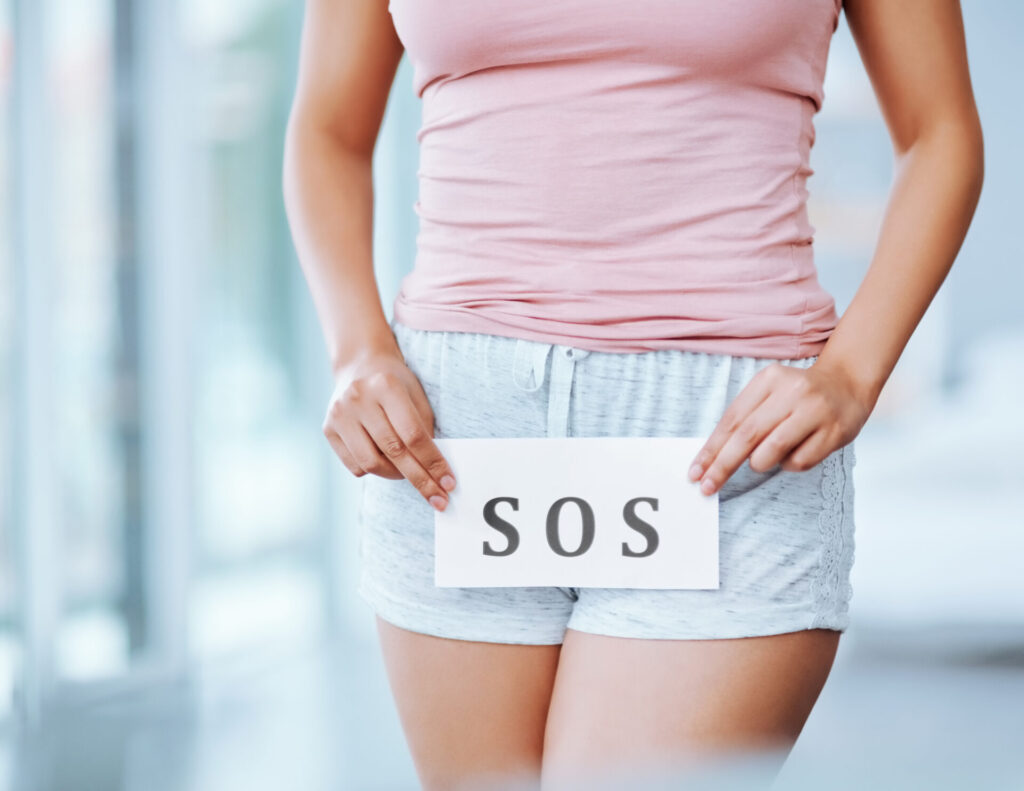Menopause can bring about significant changes in libido and vaginal health due to fluctuating hormone levels. Understanding these changes and exploring solutions can help maintain sexual health and overall well-being.
Changes in Libido:
As women approach menopause, the decline in estrogen and testosterone can impact sexual desire. Many women report a decrease in libido during perimenopause and menopause, which can be influenced by:
- Hormonal Changes: Reduced estrogen and testosterone levels can lower sexual desire and arousal.
- Emotional Factors: Mood changes, stress, or concerns about aging can also affect libido.
- Sleep Disruptions: Hot flushes, night sweats, and sleep disturbances can leave women feeling tired and less interested in sex.
Vaginal Health:
Reduced estrogen levels can lead to vaginal dryness, making sexual activity uncomfortable or even painful. This is due to a thinning of the vaginal walls and a decrease in natural lubrication. Vaginal health may also be affected by:
- Vaginal Dryness and Atrophy: Estrogen depletion leads to a drier, less elastic vaginal lining.
- Urinary Symptoms: Many women experience increased urinary urgency or incontinence during menopause.
Solutions:
- Lubricants and Moisturisers: Over-the-counter vaginal lubricants and moisturizers can help alleviate dryness and improve comfort during sex.
- Hormonal Therapy: Localized estrogen treatments, such as creams, or pessaries can help restore vaginal moisture and elasticity.
- Pelvic Floor Exercises: These exercises strengthen the pelvic floor muscles, which can improve vaginal tone and reduce urinary issues.
- Testosterone Therapy: In some cases, testosterone therapy may be considered to address low libido.
At The Claremont Clinic, we understand that libido and vaginal health during menopause are important concerns. Our team of Specialised GPs can help guide you through treatment options tailored to your needs, ensuring a comfortable and fulfilling experience during this life stage.

